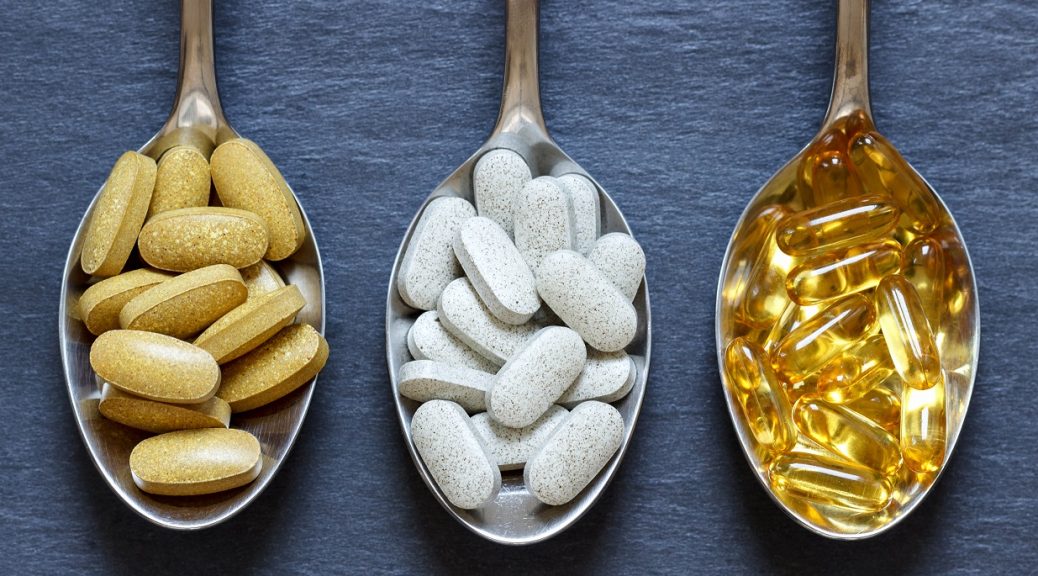
Supplements For Seasonal Affective Disorder
By medical nutritionist Dr Sarah Brewer, an expert in food, herbs and supplements
Seasonal affective disorder, or SAD, is a form of depression with a cyclical pattern. Symptoms may begin in the autumn and are most severe during winter months before improving during spring and summer.
A wide range of symptoms can occur, including tiredness, sleepiness and overeating with carbohydrate cravings. Emotional symptoms can include tearfulness, low self-esteem, depression and social withdrawal. The exact cause is not fully understood, but is believed to result from reduced daylight hours which affect sensitivity to melatonin (a sedative hormone produced by the pineal gland) and reduce vitamin D levels.
Nutritional approaches
Follow a low-glycaemic diet concentrating on wholegrain cereals (eg porridge, brown rice, pearl barley, quinoa, oatcakes, unsweetened breakfast cereals), root vegetables (eg carrots, parsnip, turnip, swede, sweet potatoes), beans, leafy vegetables, plus fresh or dried fruit. Avoid overeating, especially of sweet or stodgy carbohydrate-rich foods, to reduce the tendency to gain weight.
Oily fish provides omega-3 oils that have beneficial effects on the brain and mood regulation, with some evidence suggesting they may reduce depression in general. If you don’t eat much fish, an omega-3 fish oil supplement is another option.
Vitamin D is important for mood and low levels during winter, when daylight hours are reduced, may contribute to SAD. While you can obtain vitamin D in your diet from foods such as oily fish, fish liver oils, animal liver, fortified margarine, eggs, butter and fortified milk, Public Health England advises that everyone takes a vitamin D supplement during autumn and winter months. Their suggested dose to avoid deficiency is 10mcg.
If you have SAD, a higher dose may be needed, although a small clinical trial involving 34 healthcare professionals with SAD did not show benefit at a dose of 70mcg vitamin D per day. The upper safe level for long-term use from supplements is 100mcg vitamin D per day.
Other Therapies
Your doctor may recommend talking treatment such as cognitive behaviour therapy, or antidepressant medication. Aim to get regular exercise, preferably outdoors, on most days, and to get as much natural sunlight as possible.
The most effective approach is to use a light box that emits bright white-light (10,000 lux) or narrow-band, non-UV, blue-light (100 lux) which appear to be equally effective, significantly reducing SAD symptom scores by around half within 15 days.
About Dr Sarah Brewer
Dr Sarah Brewer is a medical nutritionist and an expert in food, herbs and supplements. She qualified from Cambridge University with degrees in Natural Sciences, Medicine and Surgery. After working in general practice, she gained a Master’s degree in Nutritional Medicine. Sarah is a licensed medical doctor, a registered nutritionist and a registered nutritional therapist.
Subscribe to her newsletter to get a FREE 46-page PDF Do You Need A MultiVitamin? at nutritionupdates.subscribemenow.com.
For more information on diet and supplements, visit Dr Sarah Brewer’s Nutritional Medicine website at www.DrSarahBrewer.com.
